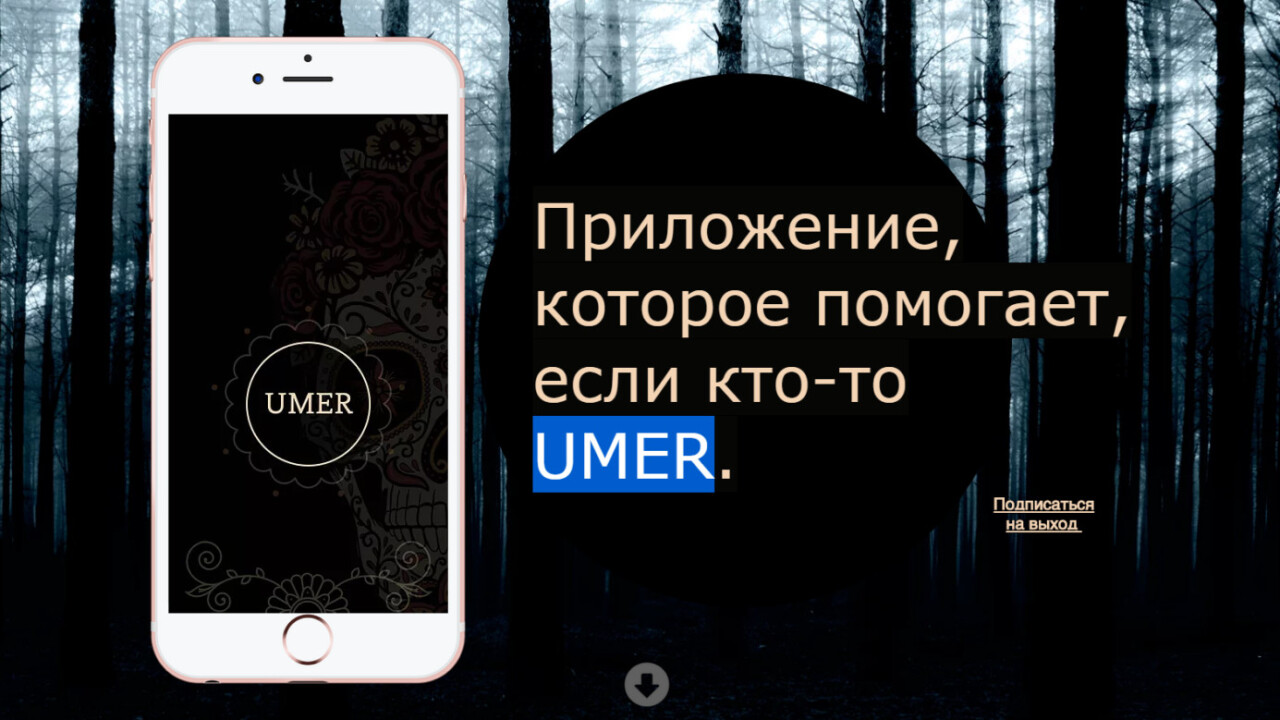
We live in an on-demand world. From movies, to rides home and food – smartphones have made it so we get what we want, when we want it. Now, we can add funerals to this list. Yes, funerals. Meet Umer (and no, that’s not a typo).
According to the BBC, Umer is expected to launch in the next couple of months. When it does, it’ll allow bereaved Russians to plan the funerals of their recently-departed friends and relatives with just a few taps.
All you have to do is type in the deceased’s name, date of death, religion, and address. The user is then given a choice of local cemeteries, funeral directors, along with pricing information. The app even lets the user choose between cremation and burial, and even pick out the headstone.
Once that’s all sorted, the user is then put in contact with an operator who finalizes the arrangement. Umer also provides all the requisite paperwork that one needs after a death.
It sounds pretty convenient. I can see myself using it. But despite still being in development, Umer is already raising some eyebrows in the Russian internet.
First, let’s address the elephant in the room. Yes, with just one consonant’s difference, “Umer” is troublingly similar to “Uber”. And if you squint a bit, even the logo looks faintly similar to Uber’s old one. But that’s not the problem.
As pointed out by the BBC, Umer is the Russian for “he’s dead”. This play on words hasn’t gone unnoticed, with some Russian netizens complaining about perceived distastefulness.
Others have raised questions about the product itself. Some of the strongest criticism has come from Sergei Mokhov, editor of the magazine Russian Archeology of Death (which is apparently a real thing). In no uncertain terms, Mokhov said that the idea was destined to fail, and “not for Russia.”
Get the TNW newsletter
Get the most important tech news in your inbox each week.




